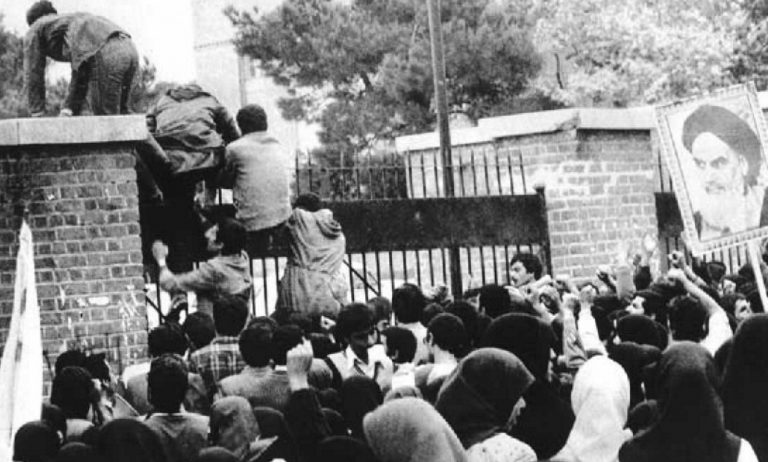Mistakenly Sent Draft Letter Falsely Announces US Forces Preparing To Leave Iraq
"Poorly worded, implies withdrawal. That's not what's happening." That's how US Army Gen. Mark A. Milley, chairman of the Joint Chiefs of Staff and the nation's top general, described a letter sent by mistake from US Marine Corps Brig. Gen. William H. Seely III to Iraqi Lt. Gen. Abdul Amir Yarallah on Monday, that announced the withdrawal of US forces from Iraq. Milley said Monday the letter was "genuine," but had been sent by "mistake," noting it was an unsigned draft meant to underscore increased levels of troop movements.













